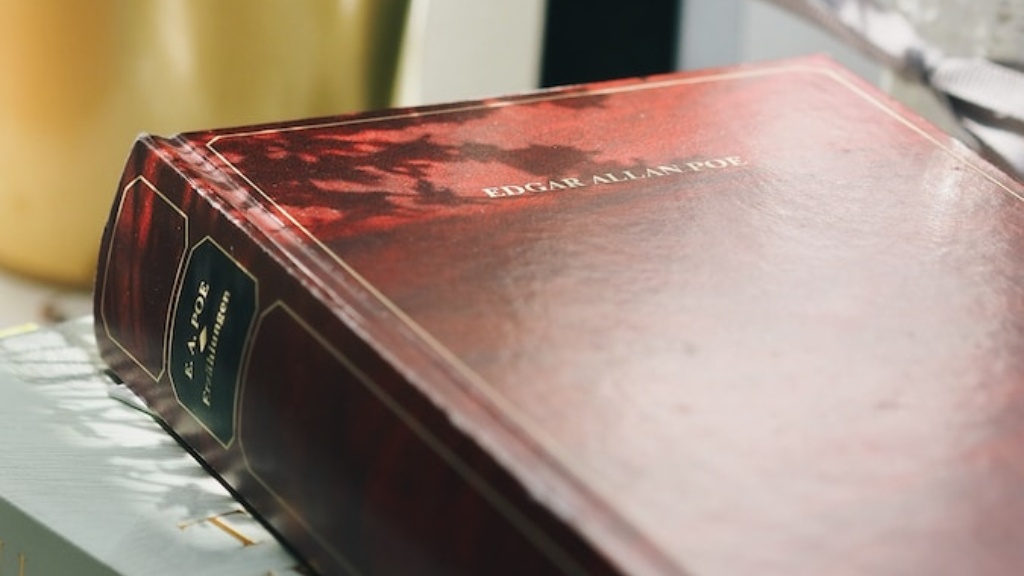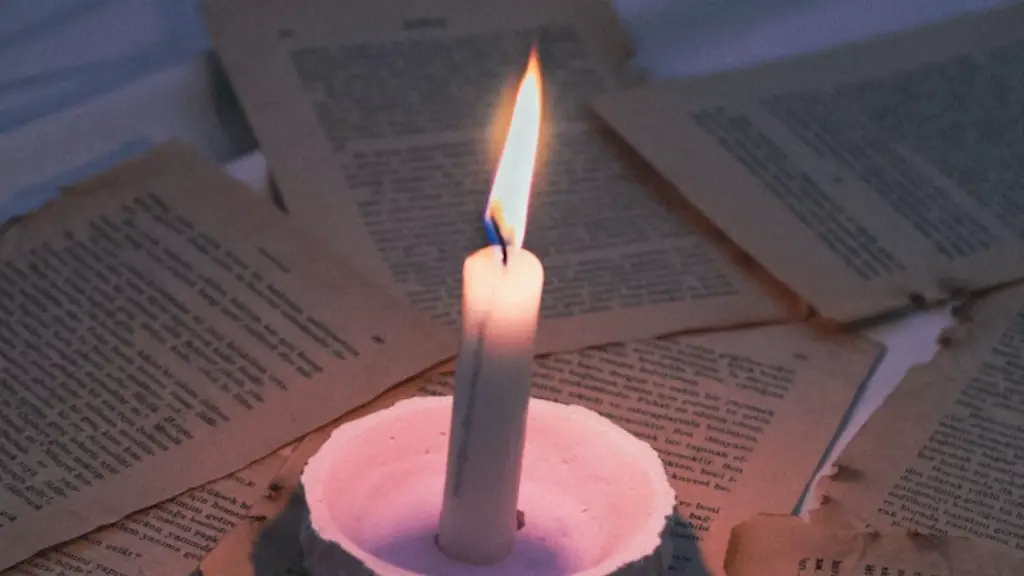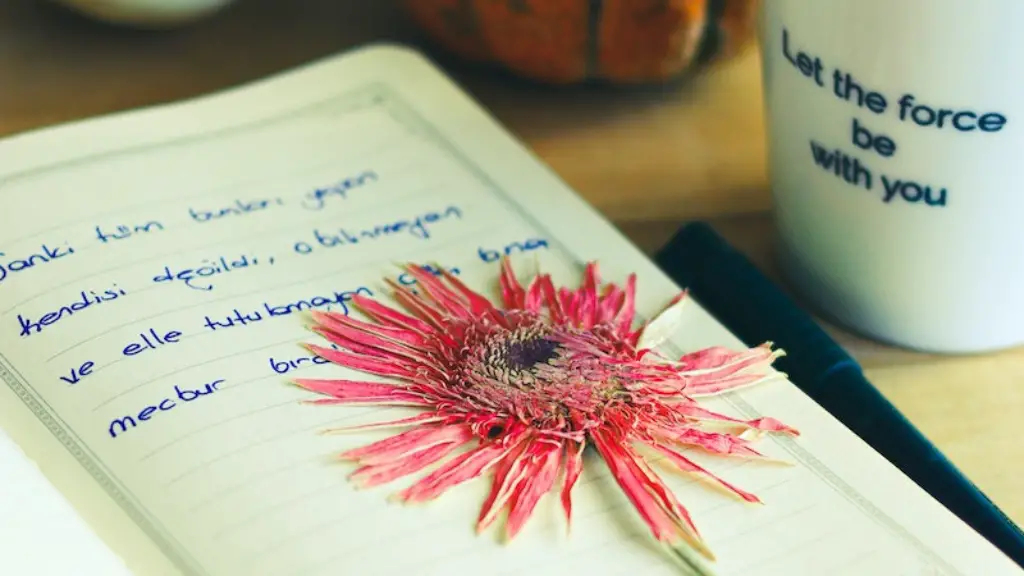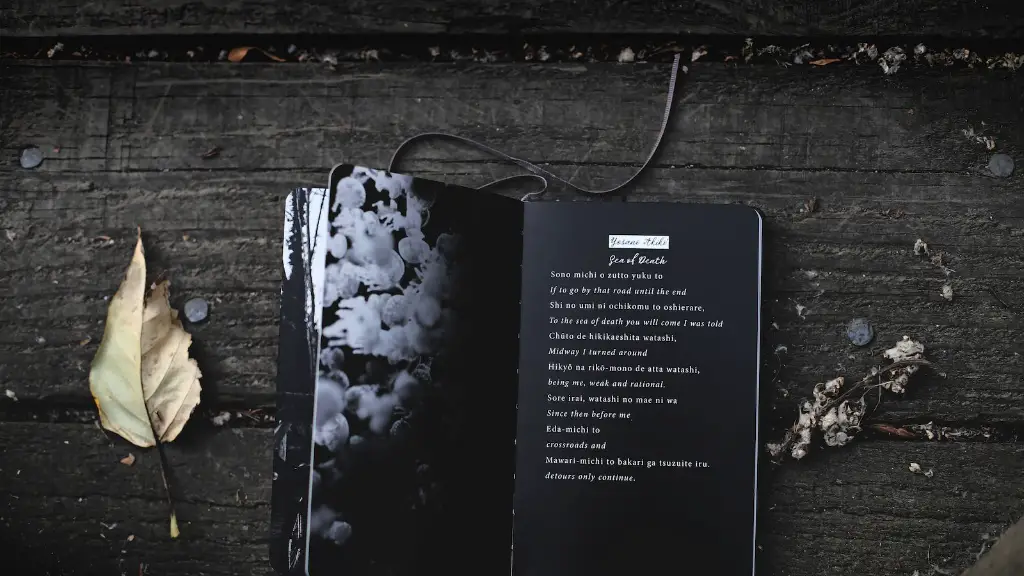What is the Definition of Dramatic Poetry?
Dramatic poetry is a genre of writing that emphasizes the expression of powerful emotions through dialogue and characters. It often deals with themes such as love, death, or other strong human emotions. Dramatic poetry speaks to us in a powerful and direct way because of its intense focus on emotion and human experience. Dramatic poetry has been a popular form of writing throughout the ages and can be found in almost all cultures.
The definition of dramatic poetry varies slightly depending on the context in which it is being discussed. Generally speaking, dramatic poetry is a type of writing meant to evoke an emotional response from the audience. This can include laughter, horror, sadness, or other strong emotions. It is often written in a dramatic monologue or dialog between two or more characters. Dramatic poetry can take on many forms, from tragedy and comedy to ballads and epic poetry.
Dramatic poetry is highly effective in conveying its themes and emotions due to its use of dramatization and theatrical elements. Rather than simply telling the story, dramatic poetry includes dialogue, sound effects, and other theatrical elements to bring the story to life. This helps give the audience a deeper understanding of the themes explored in the poem and makes it easier for them to relate to the characters.
The structure of dramatic poetry plays an important role in conveying the emotion and meaning of the poem. Generally speaking, dramatic poems are built on a series of stanzas that vividly tell the story. The pattern of the stanzas and the words chosen by the poet work together to create a powerful emotional reaction. The structure of the poem also plays a significant role in creating a memorable experience for the audience.
Some of the greatest dramatic poetry of all time has come from some of the most famous writers of all time. William Shakespeare wrote some of the most famous dramatic plays and poems throughout history. His works continue to inspire and influence writers and audiences today.
Dramatic poetry can also be a great tool for self-expression. By writing in the genre of dramatic poetry, one can express emotions in a powerful and direct way. Writing dramatic poetry can be a great way to get out emotions and thoughts that one may be feeling but unable to express otherwise.
History of Dramatic Poetry
The history of dramatic poetry dates back to the days of Ancient Greece. These early plays and poems focused on the stories of gods and goddesses, with special emphasis on tragedy and tragedy’s dynamic characters. Greek poets such as Homer, Aeschylus, and Sophocles are credited with the earliest dramatic works. They placed a great deal of emphasis on the importance of character, creating entirely dynamic characters who were expected to take action and reveal their true thoughts and objectives.
The Greeks’ influence on dramatic poetry can still be felt today. Many of the greatest works of literature today owe their structure and themes to the ancient Greeks. Even modern films, plays, and books often draw inspiration from Greek works. Despite the fact that the most famous works of ancient Greek drama were focused on gods and goddesses, the genre of dramatic poetry evolved to include more human themes.
One of the greatest influences on dramatic poetry throughout history is William Shakespeare. His works define the genre in many ways and remain some of the most celebrated works of literature to this day. In addition to plays, Shakespeare wrote a number of sonnets and narrative poems that are considered classics. His use of language and structure has inspired countless writers and poets and continues to influence them today.
Modern Examples of Dramatic Poems
Modern examples of dramatic poetry can be found in a number of different forms. Popular contemporary poets such as Langston Hughes, W.H. Auden, Robert Frost, and Sylvia Plath all wrote dramatic poems. Additionally, modern musical theater has been known to incorporate dramatic poems and monologues in its storytelling.
Popular modern poets such as Warsan Shire and Rupi Kaur are known for their powerful and emotive works. Their works often focus on themes such as heartbreak, love, empowerment, and sorrow. Modern-day poets such as these often add their own unique twist to the genre of dramatic poetry, experimenting with new words, structures, and themes.
Conclusion
Dramatic poetry is a timeless genre of writing that has been used throughout history to evoke powerful emotions and tell stories. Its powerful use of language and theatrical elements makes it an effective tool for conveying themes and ideas. Its influence can be seen in many popular works of literature and theater today, thanks to its lasting appeal.



